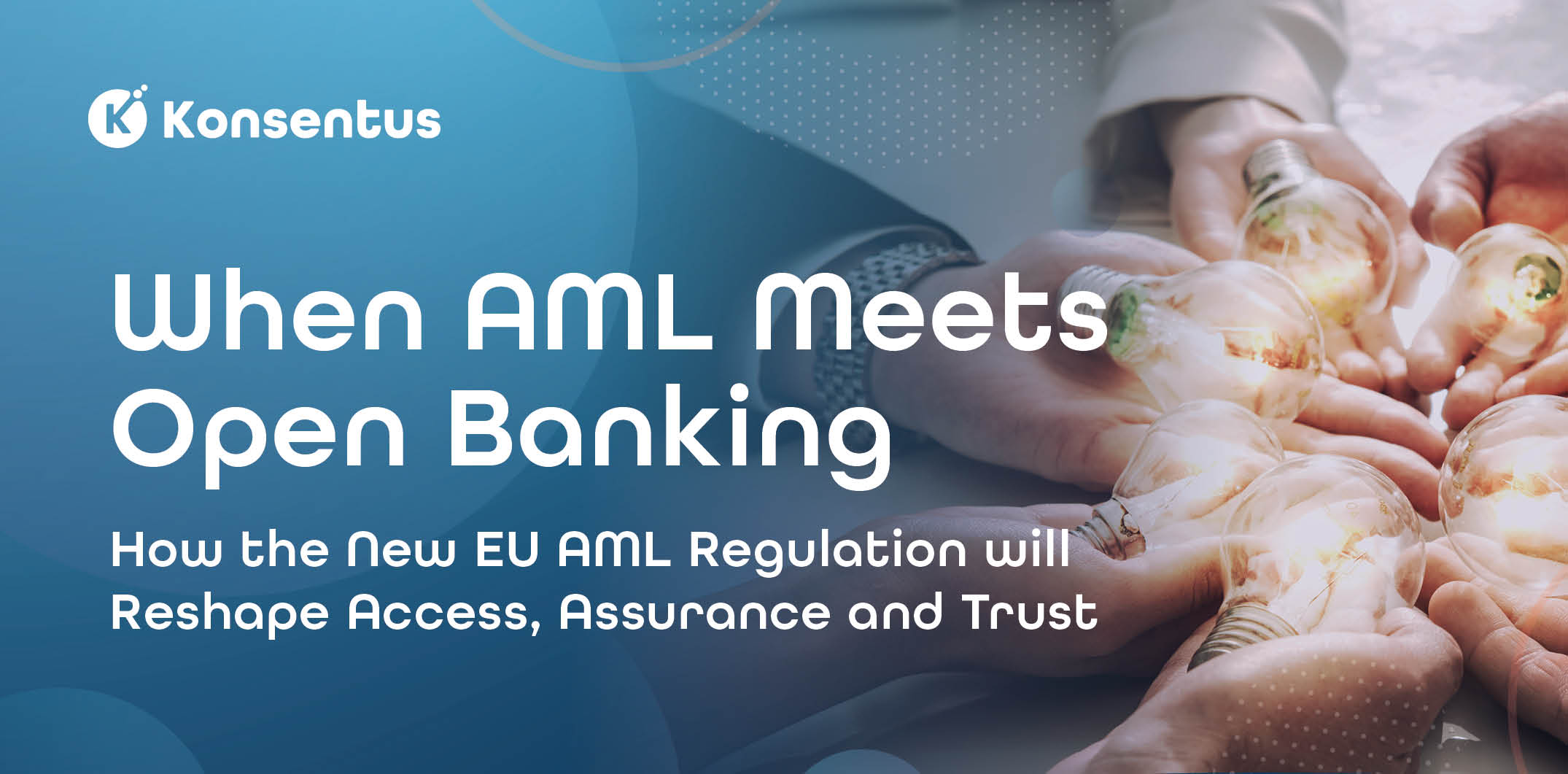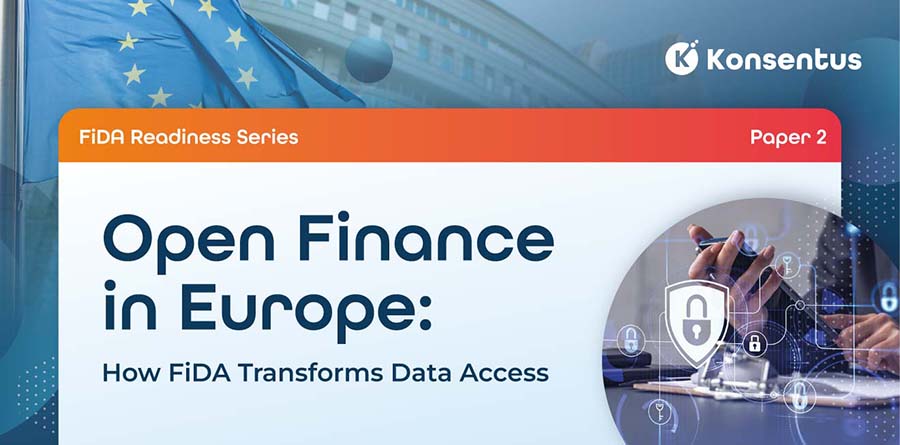Following the publication of the National Development Plan, OBE invited Camilo Hernandez Lopez, Head of the URF Prudential Regulation and current interim head of the unit (URF ~ Unidad de Regulacion Financeria), to share his thoughts on how Article 71 aligns with the goals of Decree 1297 which was signed at the end of July 2022.
With Colombian ecosystem players working together with OBE on the development of a voluntary national Open Finance programme, it was important to hear the URF’s views and to further understand how our work with the community will support the goals of the National Development Plan and the creation of an open data society in Colombia.
Watch the full interview below:
Question 1: What is your opinion about the updates that the National Development Plan brings regarding the regulation of an open data scheme for financial inclusion that promotes competition and innovation?
The motivation for Article 71 is aligned with the three objectives of public policy set out by the Ministry of Finance. Credit inclusion, Innovation and Green Finances.
The National Development Plan (PND ~ Plan Nacional de Desarrollo) considers having a mandatory Open Finance scheme that aligns with the objectives of increasing financial inclusion by providing access to data so populations can be better profiled that have either not been targeted by financial services providers or have been underserved. The goal is to be able to formalize these populations so they can have access to financial products or services be it credit, insurance or savings & investments.
The access to customer Data by different players, new and existing, allows innovation to flourish in response to consumers requiring more tailormade solutions.
Innovation attracts new players which in turn creates more competition which in turn should benefit the pricing of products, in terms of affordability, for the final consumer.
Question 2: Why do you think these developments make it even more critical for the industry to work cooperatively to support regulators and ensure Colombia gets a framework that fits the country’s needs?
The enacting of Decree 1297 is a good example of a collaborative approach. It was a Decree that took two years to enact where there were multiple scenarios of discussion with the different players – local & international, regulators & supervisory institutions, multi-lateral agencies – all providing the necessary inputs to be able to prioritize the needs of the ecosystem.
If this model is replicated to achieve the goals of Article 71 of the National Development Plan where Open Data is to be mandated the result should be a set of rules and a governing scheme that is not only comprehensive but can reduce ambiguity or incorrect interpretations. This approach can also allow a prioritization of the type of data that should be shared in order to achieve the overarching goals open data is intended to achieve.
Collaboration and sharing experiences creates a harmonious approach and should guarantee a positive outcome.
*Open Banking Exchange advisory and consultancy services are now being provided by Konsentus.





